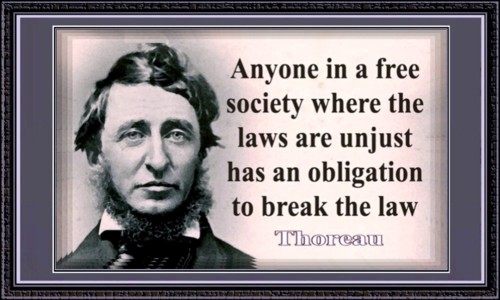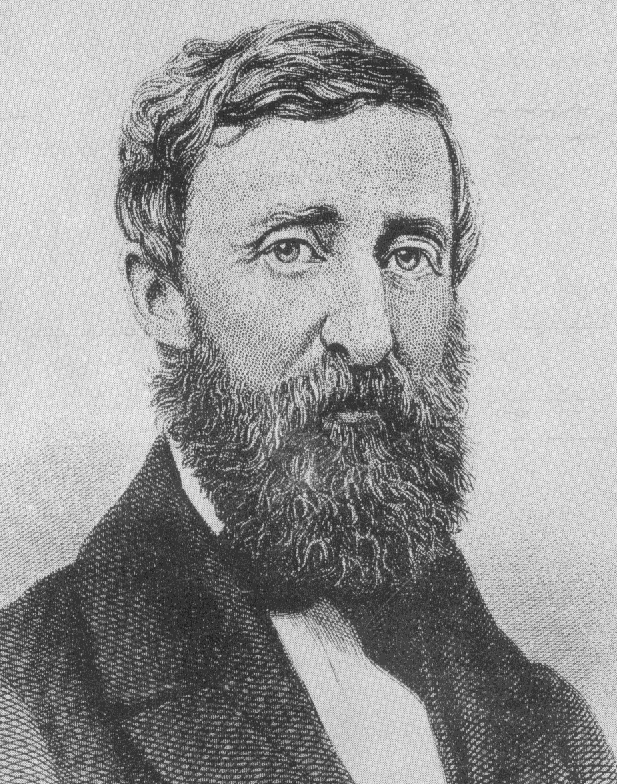

Para mayor seguridad en su decisión de compra, le enviamos (a solicitud y sin cargo) un video de demostración del estado de conservación del ejemplar. Pour une plus grande sécurité dans votre décision d'achat, nous envoyons (sur demande et gratuitement) un vidéo de démonstration de l'état de conservation du livre. For major safety in your decision of purchase, we send (free of charge) a video demonstration of the conservation status of the book. I remind you that as explained in the payment terms, purchases for an amount less than US$ 1.000.- will be paid via Bank transfer or Western Union. Las compras por un monto menor a us$ 1.000.- (mil dólares USA) deberán ser abonadas vía Transferencia Bancaria o de Western Union. Thoreau’s essay has had a profound influence on reformers worldwide, from Tolstoy in Russia and Gandhi in South Africa and India to Martin Luther King, Jr’s civil rights movement and the opposition to the Vietnam War in the United States to recent demonstrations for civil rights in the former Soviet Union and China.Encuadernación de tapa dura. Though civil disobedience is usually associated with passive resistance, Thoreau came to endorse the more direct action of John Brown, whose ill-fated raid on Harpers Ferry, Virginia, was intended to incite a slave insurrection. The appeal of civil disobedience in the North grew in the wake of the Compromise of 1850, which included the hated Fugitive Slave Law, requiring all citizens to aid in the return of escaped slaves to their owners. If a law “is of such a nature that it requires you to be the agent of injustice to another,” he declares, “then, I say, break the law.” The essay makes it clear that this stance is not a matter of whim but a demanding moral principle. The individual, he insists, is never obliged to surrender conscience to the majority or to the State. But government, he charges, is too often based on expediency, which can permit injustice in the name of public convenience. Thoreau has no objection to government taxes for highways and schools, which make good neighbors. Thoreau’s classic essay popularly known as “ Civil Disobedience” was first published as “ Resistance to Civil Government” in Aesthetic Papers (1849). Individual resistance to the State has a long historical foreground, reaching back to Sophocles’ play Antigone, through many episodes of religious dissent against authority, to Thoreau’s friend Bronson Alcott’s arrest in 1843 who also refused to pay his poll tax. This act of defiance was a protest against slavery and against the Mexican War, which Thoreau and other abolitionists regarded as a means to expand the slave territory. Thoreau was arrested and imprisoned in Concord for one night in 1846 for nonpayment of his poll tax.


The Transcendentalists: Their Lives & Writings.


 0 kommentar(er)
0 kommentar(er)
